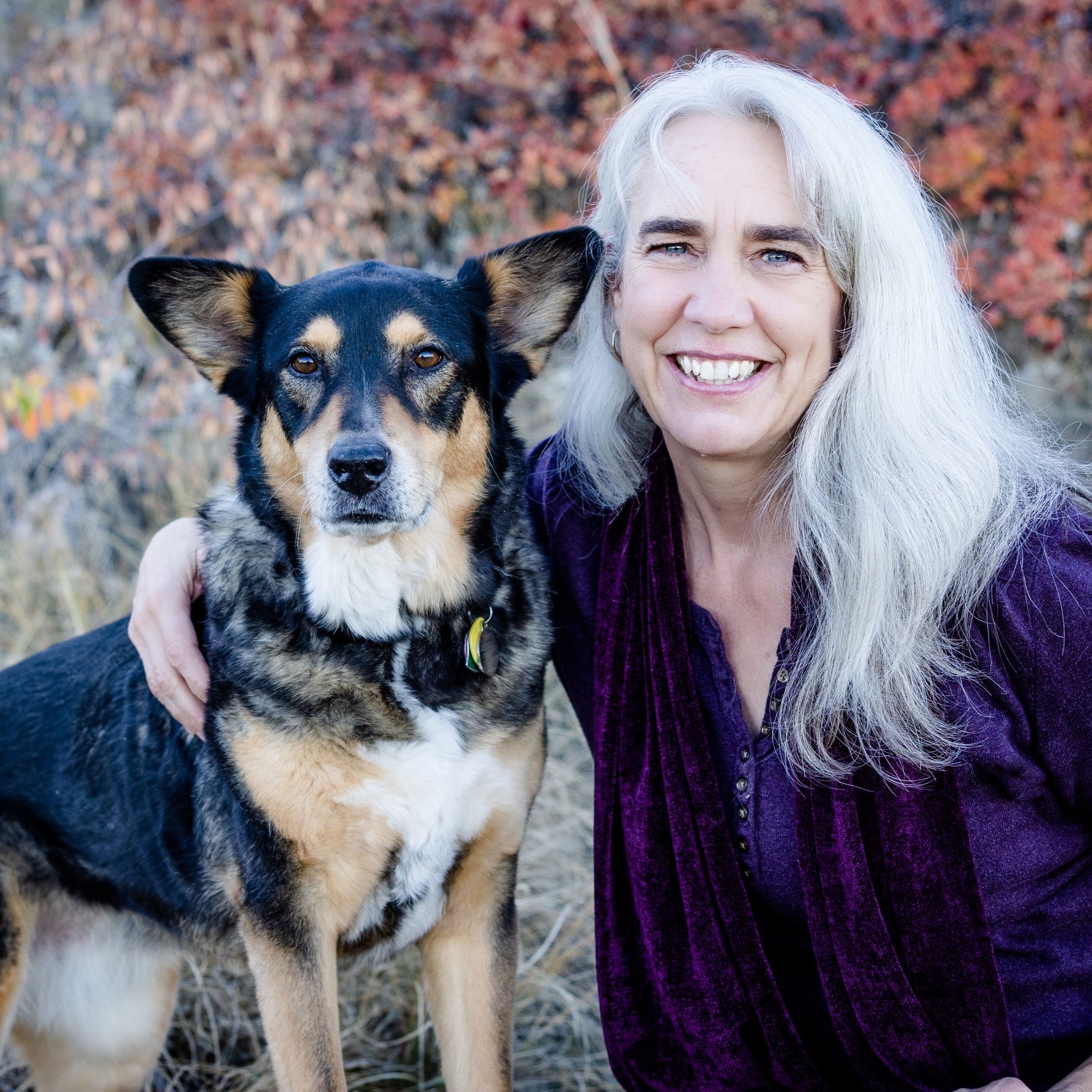Some Great Guided Visualizations
/Sometimes dwelling on big problems like sexual violence can get a person down. So, this week I’d like to point out a resource that I find helpful when I need some rejuvenating and resourcing. I initially found the guided visualizations provided by Belleruth Neparstek and others at Healing Journeys, Inc. years ago when I was facing a scary medical procedure. Her soothing voice and gentle guidance helped me to feel supported in my journey, and confident in the outcome. I am convinced that they significantly reduced my stress going into the procedure, and improved the speed of my recovery.
I was reminded of Belleruth’s work recently by a consultation group in which I participate. The discussion there inspired me to revisit the Healing Journeys web site, where I found several gems that I now own, or have placed high on my wish list. My favorite discovery is that Belleruth, a psychotherapist herself, has produced guided visualizations specifically for those suffering from post traumatic stress. On the site, Belleruth claims that her “Healing Trauma” guided imagery is the best work she’s done, which I expect means that it is very fine work indeed.
Belleruth recommends that most people start with guided imagery designed for general stress relief, sleep enhancement, and grief, which sounds like good advice to me. I find it to be critical to develop good resources for tolerating and containing difficult material before starting to work directly with any trauma. Fortunately, Healing Journeys provides several guided meditations to help with that. I am most interested in those by Belleruth herself, and so I have added her “Relieve Stress”, “Healthful Sleep”, and “Ease Grief” MP3s to my wish list as well.
I have no relationship at all to Belleruth Neparstek or Healing Journeys. I have simply found guided imagery to be very helpful both personally and professionally. And I have found Belleruth’s work to be of the highest quality.
What resources do you find useful for taking care of yourself, and building resources for facing life’s more difficult realities?
--------
Peg Shippert is a psychotherapist in private practice in Boulder, Colorado. She has a deep passion for working with survivors of sexual violence and other traumas.









